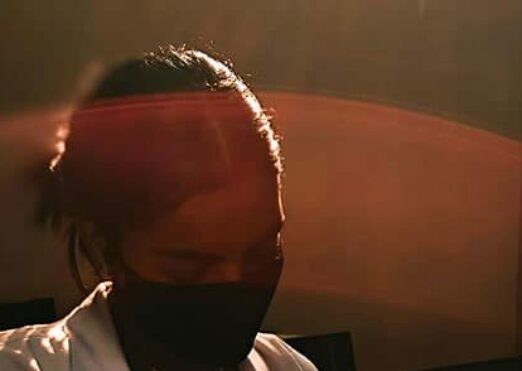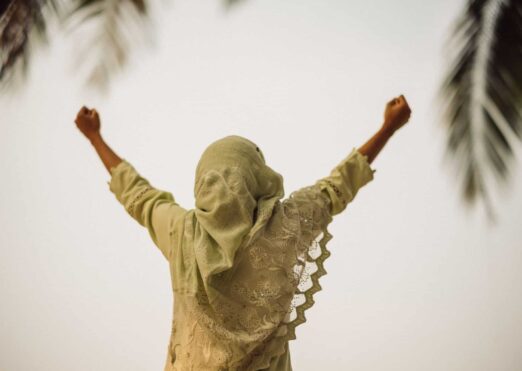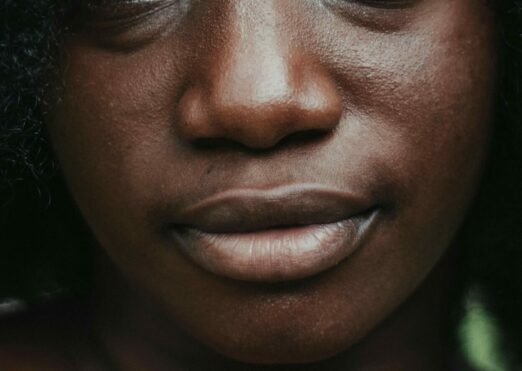Help in the storm
April 4, 2020
A food parcel arrived this week at the home of 14 year old Mala, one of many survivors of slavery that Justice and Care is providing emergency support to in response to the COVID-19 pandemic.
The young teenager and her family live in Bangladesh, and have been supported by Justice and Care since she was rescued. The lockdown there has left her Mum unable to earn money in the garment factory she works in. With no construction taking place her Father, a labourer, cannot work either.
The virus poses a particular threat to those who were enslaved like Mala and her family. Many lack basic education, are socially isolated and dealing with unimaginable trauma. Without our help, children like Mala could be re-trafficked easily.
So we have set up an emergency fund to ensure that vital help gets to the survivors who most need it: ‘Many of them need medical help, some have just given birth. They need support to get by’, says Shauly, our senior programme officer in Bangladesh.
The team has identified the most at risk individuals and families, and considered their immediate needs. They have set up a network of shops and a delivery system – allowing for essential supplies to be delivered to people’s doors, including medicine. They’ve also been working with shelter homes to provide items such as soaps and support deep cleans, to help halt the spread of the coronavirus.
Our support is critical, according to a senior official in charge of the Bangladeshi Government’s response to human trafficking. ‘The situation of survivors is always delicate,’ said Ferdousi Akhter, additional secretary at the Ministry of Home Affairs. ‘We need to take care of them or else they might be desperate. They could be in danger of getting trafficked again.’
Similar support is being offered across Justice and Care programmes across our work in South Asia and in the UK.
Alongside providing physical supplies, thanks to your support we are also helping provide emotional care to hundreds of survivors as they deal with social isolation.
Advice on how to protect themselves from the virus is also being given – this is particularly important in the UK where many of our survivors do not have English as their first language, as Cristina Huddleston our Director of European Operations explains: ‘For many, there is a great fear of the unknown. If you have been trafficked from Eastern Europe or Asia, the chances are your English is at best limited. Understanding what is going on, what we need to do to protect ourselves and understanding Government advice is difficult.’
‘Our team is making sure that we provide the right information to survivors – helping them to navigate this difficult time.’
If you would like to donate to a fund to help survivors of slavery in this time, click here. We want to raise £13,500 to distribute support where it is most needed.


